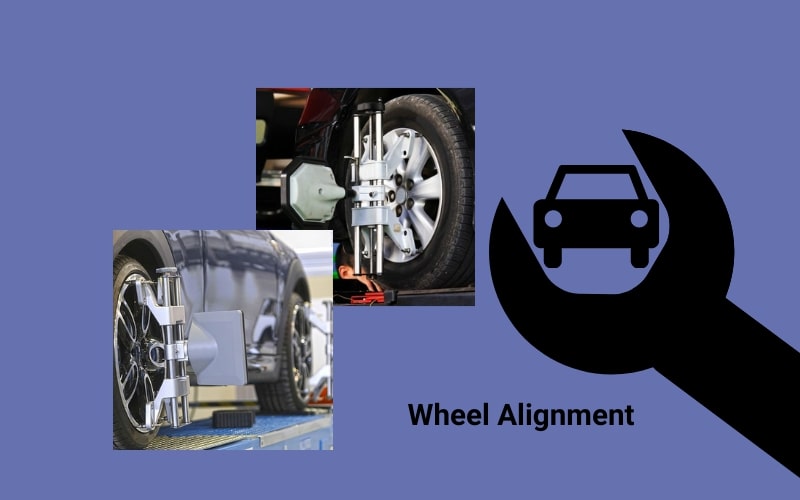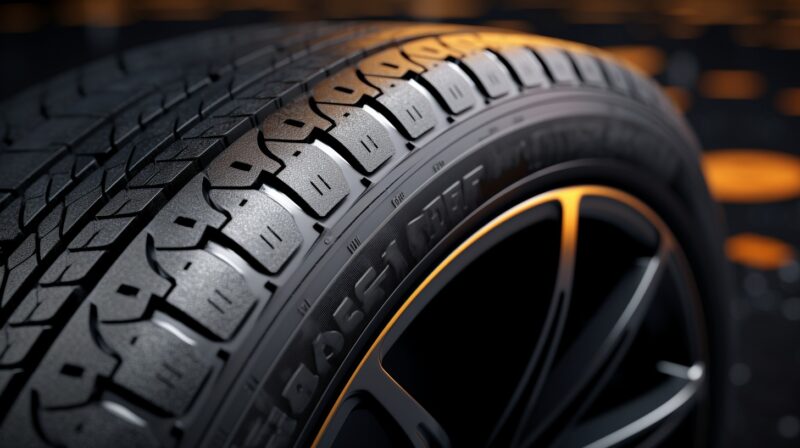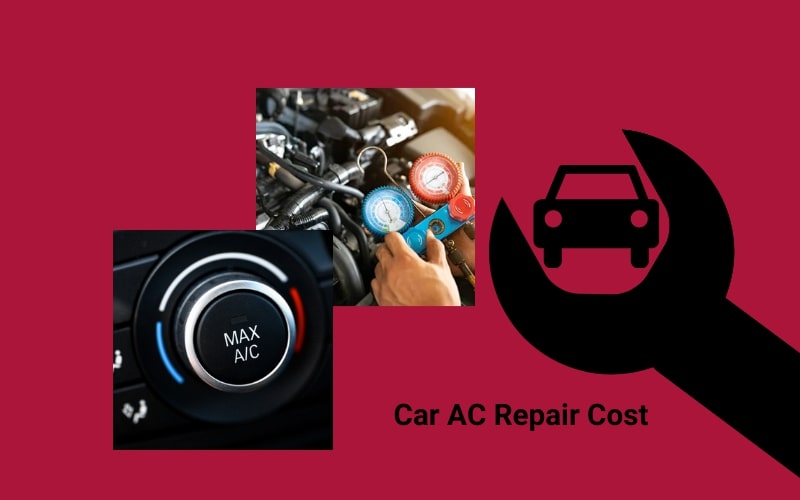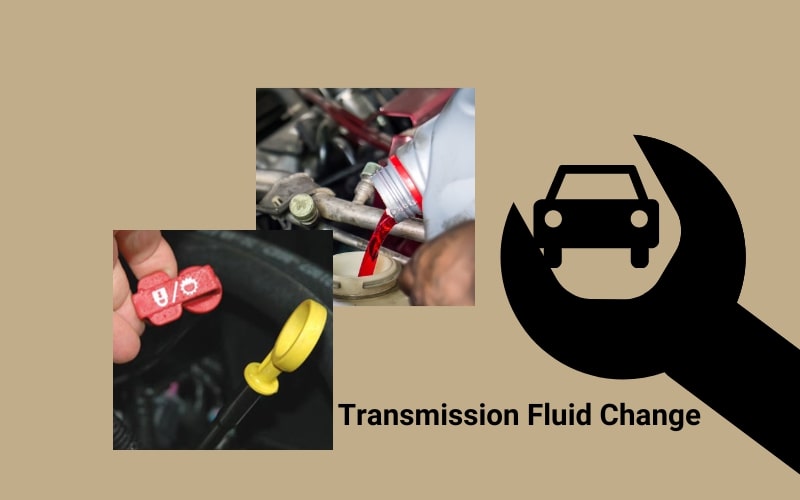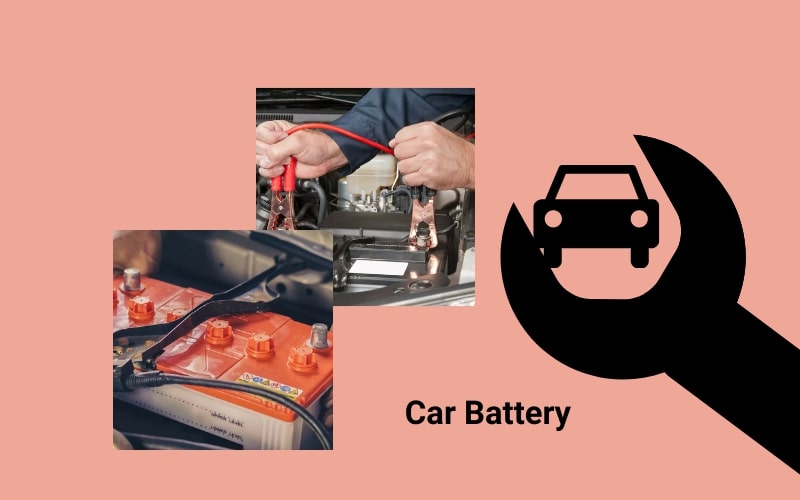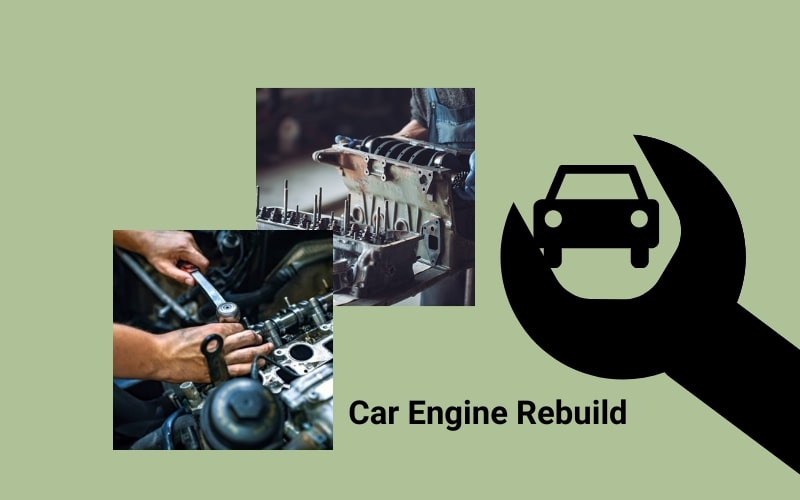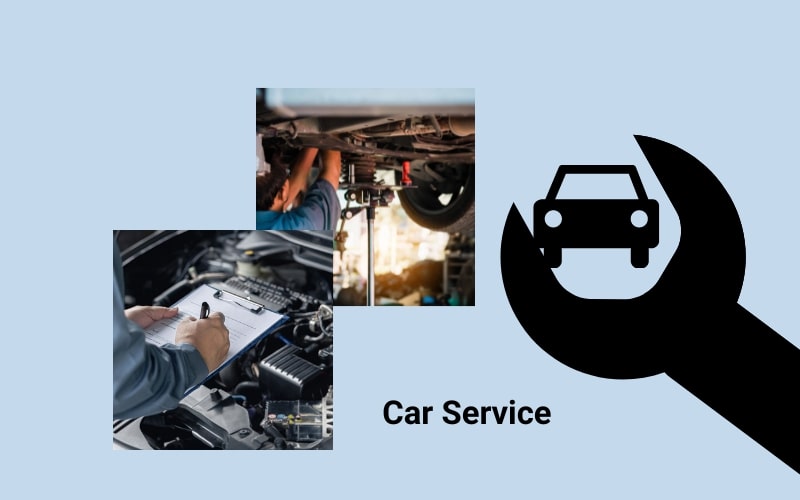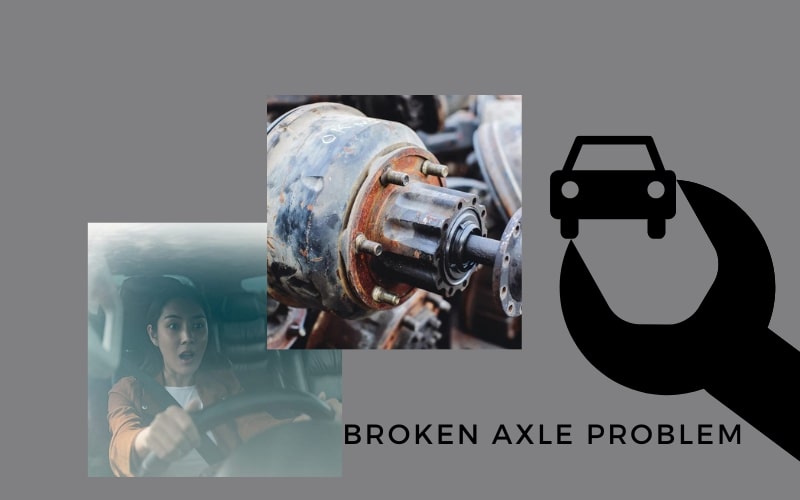How Often Should the Wheel Alignment be Checked? – Keep Your Ride Smooth
The question of how often to check wheel alignment is one that frequently comes up among vehicle owners. The answer, while straightforward, is of significant importance: you should inspect the alignment whenever you begin to detect issues. As a proactive measure, it’s recommended to have the alignment checked every time you get an oil change, … Read more
